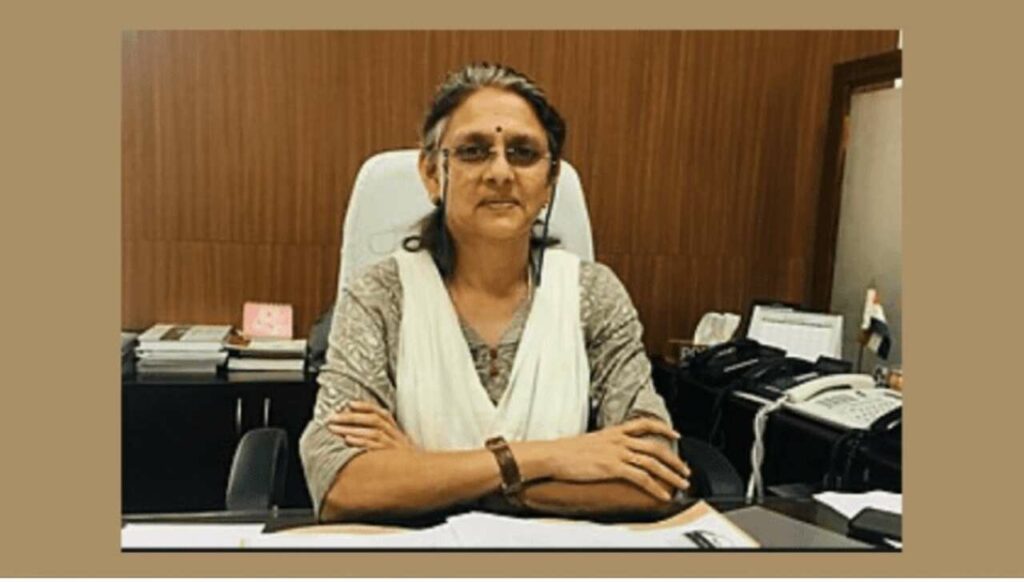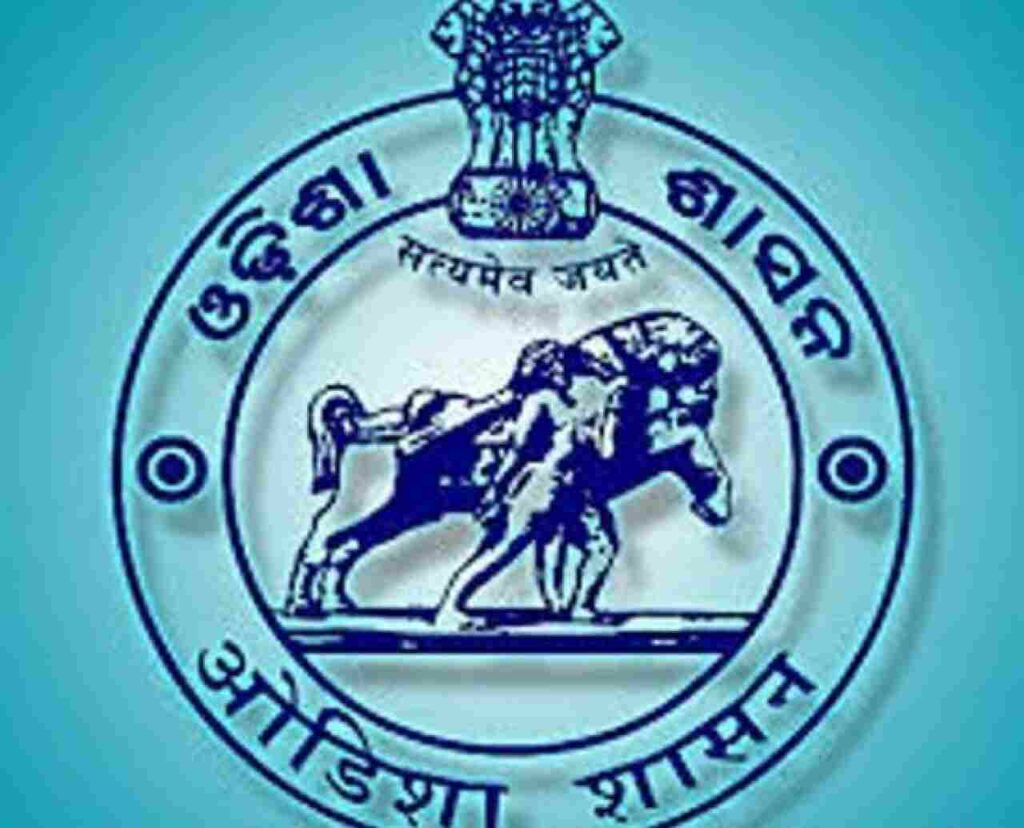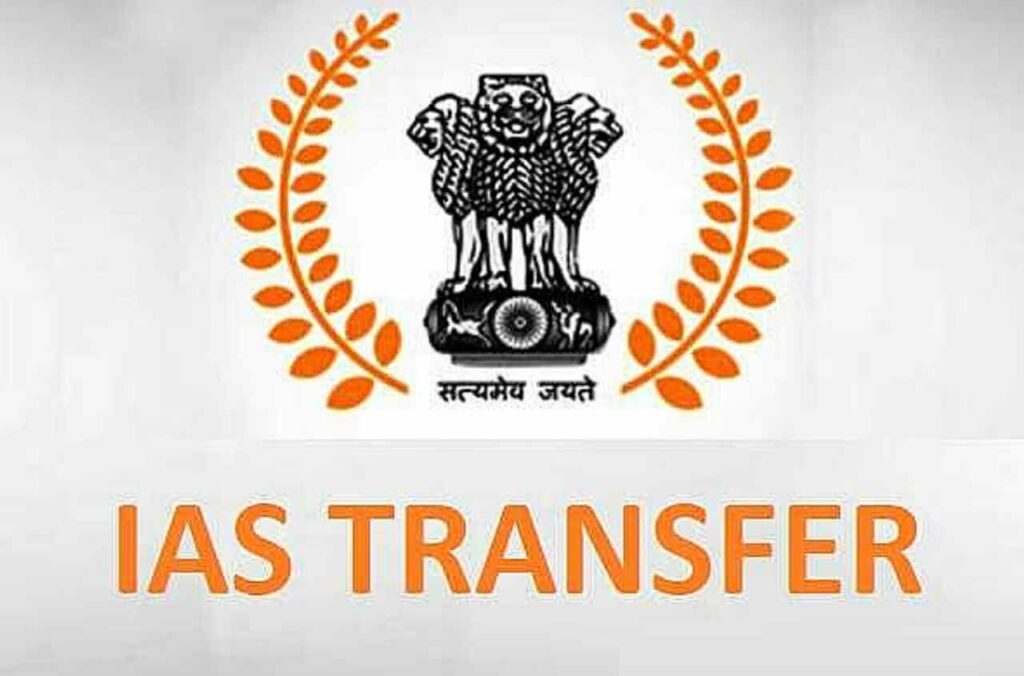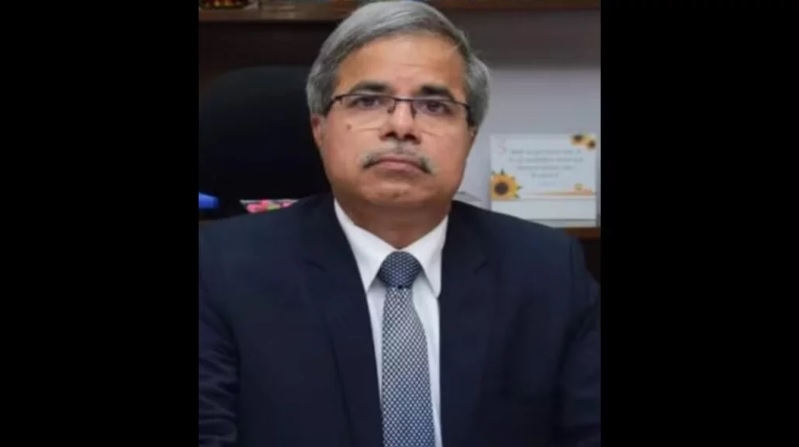In the quiet village of Darapur in Punjab, SR Darapuri’s early life unfolded in ways no one could have predicted. Born on December 16, 1943, into a Dalit family, the son of Naranjan Ram, Darapuri’s journey was destined to be far from ordinary. He would eventually rise to become one of the top-ranking police officers in Uttar Pradesh, only to shed his uniform in pursuit of a higher calling—an unflinching fight for justice and equality for the oppressed.
But it wasn’t the badge that defined Darapuri. It was his relentless activism, his deep spiritual awakening, and his desire to change a system that he once had little regard for. His is a story not just of a career in the IPS but of a life driven by the pursuit of something far greater: the truth.
The Unexpected Call to Service
Darapuri’s early career was far from law enforcement. A Bachelor of Science graduate from Ramgharia College in Phagwara, he initially pursued a path in academia, working as a science lecturer. He then took up positions with the National Savings Organisation, the Ministry of Finance, and even the Customs Department in Bombay. But something always gnawed at him—a sense that he was meant for more than just a government job and a paycheck.
“I realized that just earning money was not my purpose,” Darapuri admitted. He hadn’t dreamed of joining the police force—quite the opposite, in fact. Growing up, his perception of the police was less than flattering. Yet, as he moved through life, he began to see how the system could be a tool for good. “I understood that police can help people if they do their job correctly. Police can give instant justice to common people.”
It was this revelation that pushed him to sit for the UPSC exams and join the Indian Police Service in 1972—a decision that would put him on a path he had never anticipated.
A Policeman with a Heart
Despite his initial misgivings, Darapuri’s years in the IPS were anything but ordinary. Rising to the rank of Inspector General of Police, he dedicated himself to the idea that policing was not just a job but a mission. “I worked in police as a mission. I tried to help people in whatever capacity I could, and in my private time, I kept my activism going,” he said.
He wasn’t content to be a bystander to injustice. Whether dealing with high-profile cases or working in sensitive areas, Darapuri earned a reputation for integrity. But his activism never took a back seat. Even as he climbed the ranks of the force, he worked behind the scenes to uplift Dalit communities, advocating for their rights and encouraging their participation in civil society.
In 2003, Darapuri retired from the police force. But instead of retreating into a quiet post-retirement life, he made an even bolder move—fully stepping into the world of activism and politics.
Spiritual Awakening: A Turn Towards Buddhism
Even as he served as a high-ranking officer, Darapuri’s spiritual quest never ceased. His life took a decisive turn in 1968 when he encountered the teachings of Buddha. It was a moment that changed everything for him. “Srimad Bhagwat Geeta had an impact on me & my ways of life,” he said. But the real transformation came when he began reading about Buddha and his Dhamma. “My life turned 180 degrees after that book.”
By 1993, Darapuri had officially converted to Buddhism, a choice that echoed his admiration for Dr. B.R. Ambedkar and his vision for Dalit empowerment. On October 14, 1995, he fully embraced the religion, making a public declaration of his faith. For Darapuri, Buddhism was more than just a spiritual refuge—it was a call to action, one that aligned with his work for social justice and human dignity.
The Activist Rises: A Fight for Justice
Darapuri’s post-retirement life is marked by the same fearlessness he showed as a policeman. He transitioned seamlessly into a role as a social activist and political figure, taking up the fight for Dalit rights and other marginalized communities with vigor. His efforts earned him national recognition, but they also landed him in trouble more than once.
As a member of the All India People’s Front (Radical), Darapuri found himself at the forefront of many social justice battles. He was an outspoken critic of the government and never hesitated to question the police system he once served. After the 2018 Kasganj violence and 2019 Bulandshahr incident, he publicly criticized the police’s handling of the situations, challenging the system from which he had retired.
Darapuri’s activism came at a cost. In 2017, he was arrested for protesting against Yogi Adityanath’s policies. Two years later, he was again arrested during the anti-CAA protests in Uttar Pradesh, where he was placed under house arrest. Despite these attempts to silence him, Darapuri’s voice only grew louder.
A Life for Equality: Politics and Beyond
Darapuri’s journey into politics wasn’t a quest for power—it was a continuation of his activism. In 2009 and 2014, he contested the Lok Sabha elections, first from Lucknow and then from Robertsganj. Though he didn’t win, it was never about the position for Darapuri; it was about bringing attention to the issues that mattered most to him.
Today, as the National President of the All India People’s Front, Darapuri remains steadfast in his mission. His advocacy extends from fighting for the Right to Food and Education to leading movements like ‘Jaati Todo-Samaj Jodo,’ which seeks to dismantle caste barriers in India.
“I want to continue this fight for equality,” he says with the same passion that defined his early years. At 80, Darapuri shows no signs of slowing down, driven by the teachings of Buddha and the legacy of Ambedkar, fighting to make India a more just and equal place for all.








